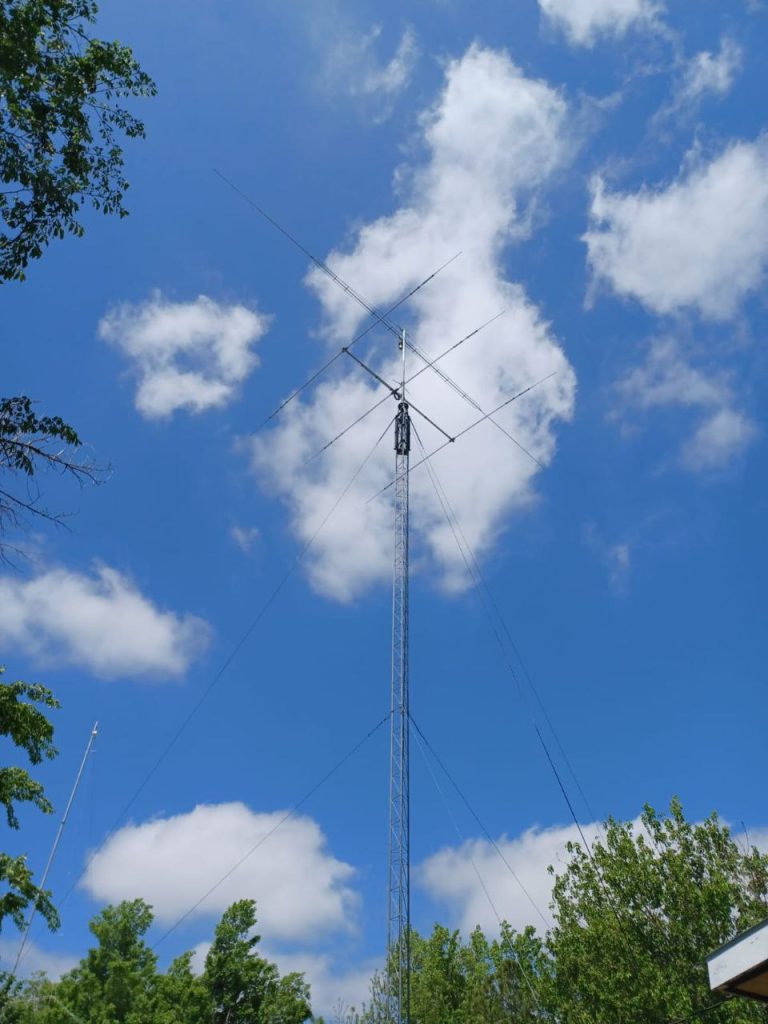Amateur Radio has been in existence in Kenya since 1933, when it was initially a part of the Radio Society of East Africa (RSEA). In 1973, the RSEA split into the Amateur Radio Society of Kenya (ARSK later renamed Radio Society of Kenya – RSK), the Tanzania Amateur Radio Club (TARC) and the Uganda Amateur Radio Society (UARS).
The Amateur Service
This is a radio communication service for the purpose of self-training intercommunication and technical investigation carried out by amateurs i.e. duly authorised persons interested in radio technique solely with a purpose personal aim and without pecuniary interest. It has long been recognised as one of the important elements in creating interest among students to take up careers in Electronics and Telecommunications.
Amateur Radio emerged in 1908, received formal international recognition in 1927 at the International Radiograph Convention in Washington DC, and operates under the general mandate that has remained unchanged since.
Regulation (National and Self)
The Radio Society of Kenya falls under the regulatory body, the Communications Authority of Kenya. World-wide Radio amateurs are licensed by their respective government administrations and each licensee becomes a registered and identified user of radio communication equipment. Amateurs are often applauded by their governments for the ability effectivity to monitor and regulate their own activities and to avoid interference with other radio services. This is a reputation that is well deserved and one in which all amateurs take pride.
Objectives of Amateur Radio
- Enhancement of amateur radio as a means of technical self-training for young people;
- Promotion of technical and scientific investigations in the field of radiocommunication;
- Promotion of amateur radio as a means of providing relief in the event of natural disasters;
- Encouragement of international goodwill and friendship;
- Support of Member-Societies in developing amateur radio as a valuable national resource
Learning opportunity
It is an exciting opportunity for youth to learn, and is increasingly becoming a productive outlet for older persons as it can be conducted from home. Key to this is that it provides stimulating social contact and opportunities to become useful.

Contributions and Demonstrations
Since the beginning, dedicated amateurs have contributed heavily to the development of electronics technologies through experimentation in the fields of hardware and propagation. For a radio amateur any project is a challenge, which is taken up purely because of the love of it and the opportunity to learn. For instance, radio amateurs have contributed to the design, construction and launch of a number of amateur satellites over the last few decades.
They have also made significant technological and sociological contributions, for instance when the University of Florida and Ham operators helped in designing an open source, cheap ventilator, to help support the fight against COVID-19.